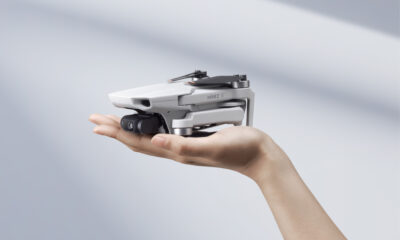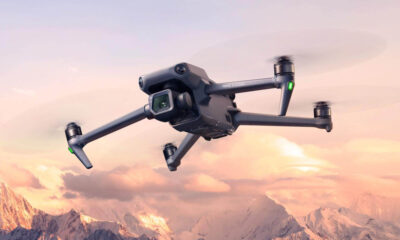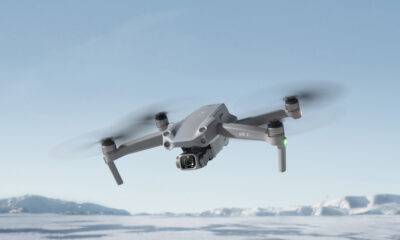News
DJI Mini 3 Pro Is More Capable In Every Way But Also More Expensive
With the optional Intelligent Flight Battery Plus battery upgrade, you’ll get an impressive flight time of 47 minutes.
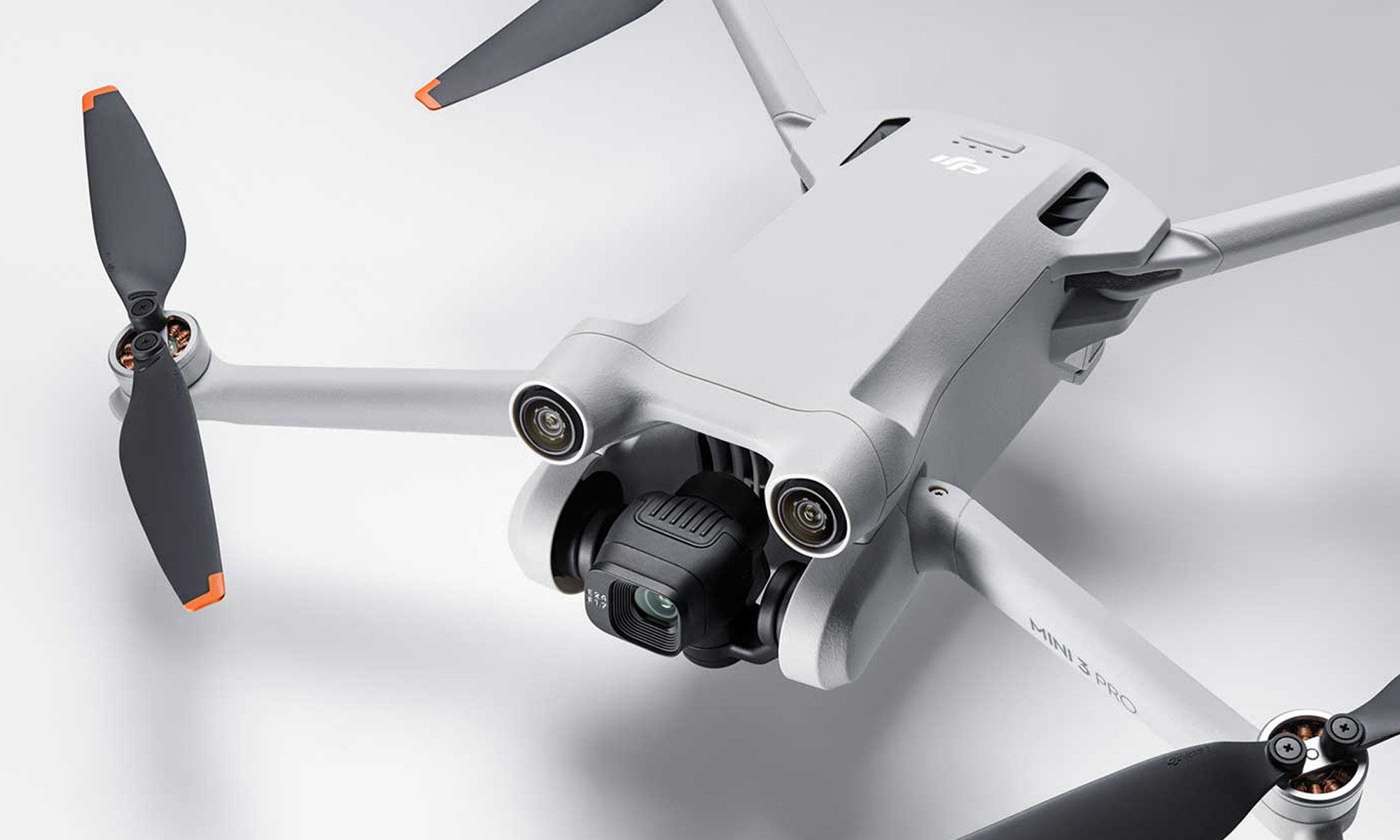
DJI has just announced the successor to the Mini 2, and drone enthusiasts have a lot to look forward to because just about everything that could have been improved has been improved.
The new drone, called Mini 3 Pro, features a larger 1/1.3-inch sensor (the Mini 2 has a 1/2.3-inch sensor) that can record 4K video at up to 60 frames per second. The sensor supports HDR, but turning this feature on limits the maximum frame rate to 30 when recording 4K video.
Professional videographers will appreciate the ability to record in a flat color profile for more flexibility during post-processing.
Besides recording videos, the Mini 3 Pro can also capture still pictures, and their maximum resolution is 48 MP. Because the drone’s sensor is paired with an f/1.7 aperture, you can expect great low-light performance both when recording videos and capturing photos.
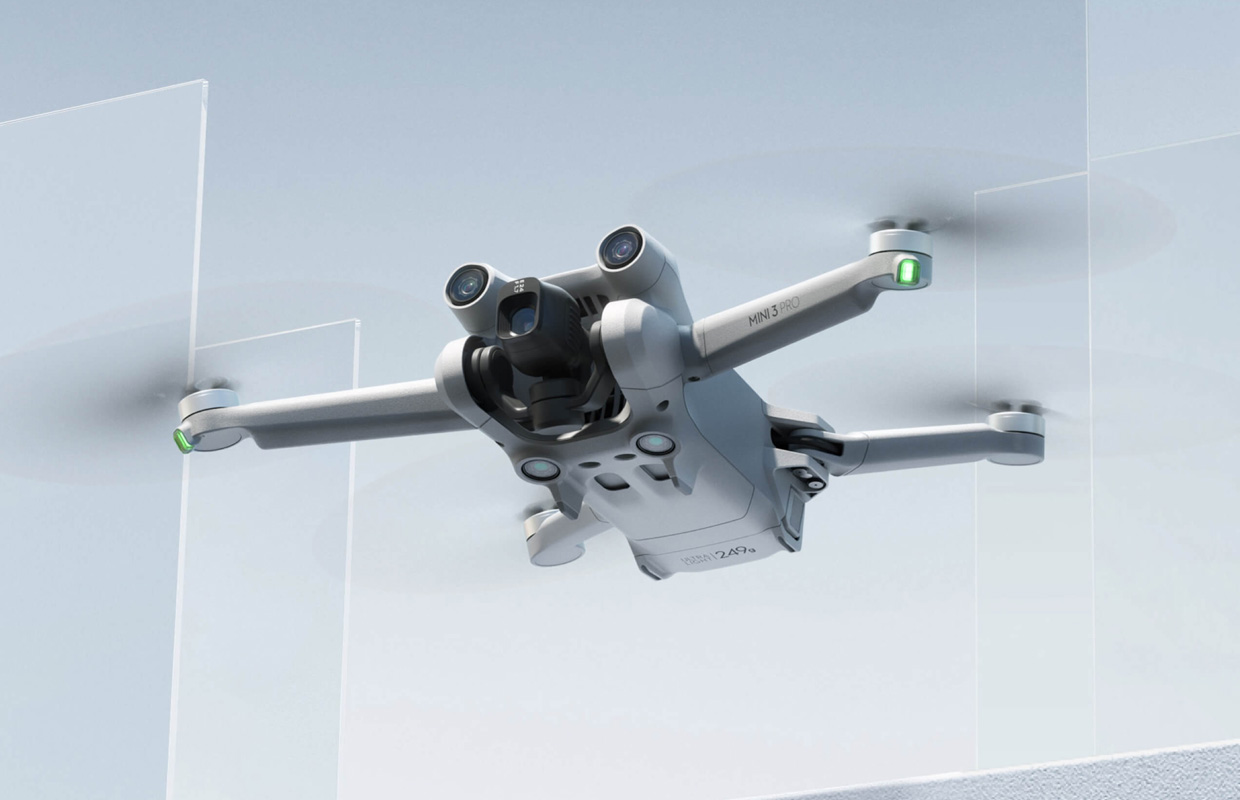
Of course, even the best image quality isn’t all that useful if your drone can’t stay in the air long enough for you to capture the desired footage. Here, the Mini 3 Pro offers two battery options, and they’re both quite impressive.
With the standard battery, the drone has a flight time of 34 minutes, so you’re already looking at 3 extra minutes compared with the Mini 2. However, you can also get the Intelligent Flight Battery Plus battery upgrade for a flight time of 47 minutes — that’s impressive!
Also Read: Desklab 4K Monitor Review: The Best Portable Monitor
The only downside is that the larger battery makes the total weight of the drone exceed 250 grams, the limit for drone registration set by the FAA and several other transportation agencies around the world.
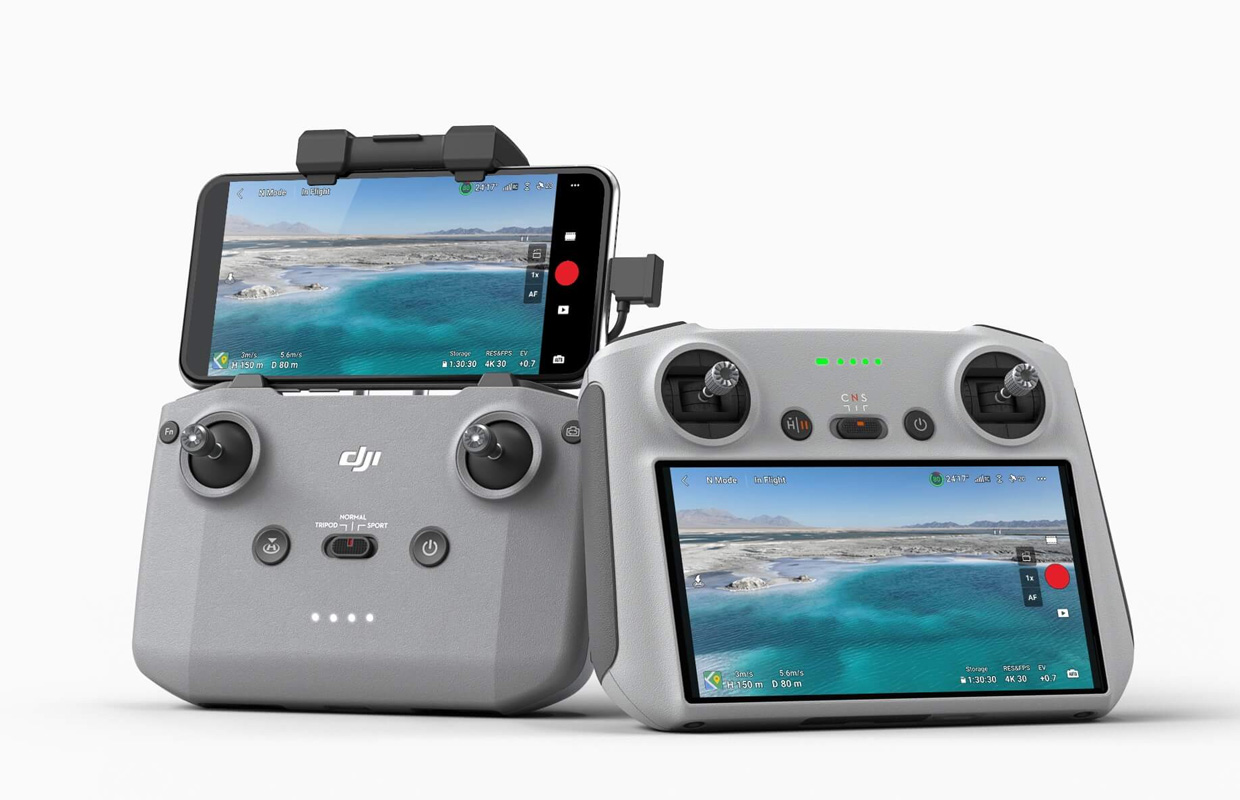
Without the larger battery, the DJI Mini 3 Pro costs $669, and the kit the battery comes with is priced at $909. You can also pay $340 to add the new DJI RC controller, which supports powerful O3+ video transmission technology.
The Mini 3 Pro can be pre-ordered right now directly from DJI, and it’s expected to ship this summer.
News
Samsung Smart Glasses Teased For January, Software Reveal Imminent
According to Korean sources, the new wearable will launch alongside the Galaxy S25, with the accompanying software platform unveiled this December.

Samsung appears poised to introduce its highly anticipated smart glasses in January 2025, alongside the launch of the Galaxy S25. According to sources in Korea, the company will first reveal the accompanying software platform later this month.
As per a report from Yonhap News, Samsung’s unveiling strategy for the smart glasses echoes its approach with the Galaxy Ring earlier this year. The January showcase won’t constitute a full product launch but will likely feature teaser visuals at the Galaxy S25 event. A more detailed rollout could follow in subsequent months.
Just in: Samsung is set to unveil a prototype of its augmented reality (AR) glasses, currently in development, during the Galaxy S25 Unpacked event early next year, likely in the form of videos or images.
Additionally, prior to revealing the prototype, Samsung plans to introduce…
— Jukanlosreve (@Jukanlosreve) December 3, 2024
The Galaxy Ring, for example, debuted in January via a short presentation during Samsung’s Unpacked event. The full product unveiling came later at MWC in February, and the final release followed in July. Samsung seems to be adopting a similar phased approach with its smart glasses, which are expected to hit the market in the third quarter of 2025.
A Collaborative Software Effort
Samsung’s partnership with Google has played a key role in developing the smart glasses’ software. This collaboration was first announced in February 2023, with the device set to run on an Android-based platform. In July, the companies reiterated their plans to deliver an extended reality (XR) platform by the end of the year. The software specifics for the XR device are expected to be unveiled before the end of December.
Reports suggest that the smart glasses will resemble Ray-Ban Meta smart glasses in functionality. They won’t include a display but will weigh approximately 50 grams, emphasizing a lightweight, user-friendly design.
Feature Set And Compatibility
The glasses are rumored to integrate Google’s Gemini technology, alongside features like gesture recognition and potential payment capabilities. Samsung aims to create a seamless user experience by integrating the glasses with its broader Galaxy ecosystem, starting with the Galaxy S25, slated for release on January 22.


